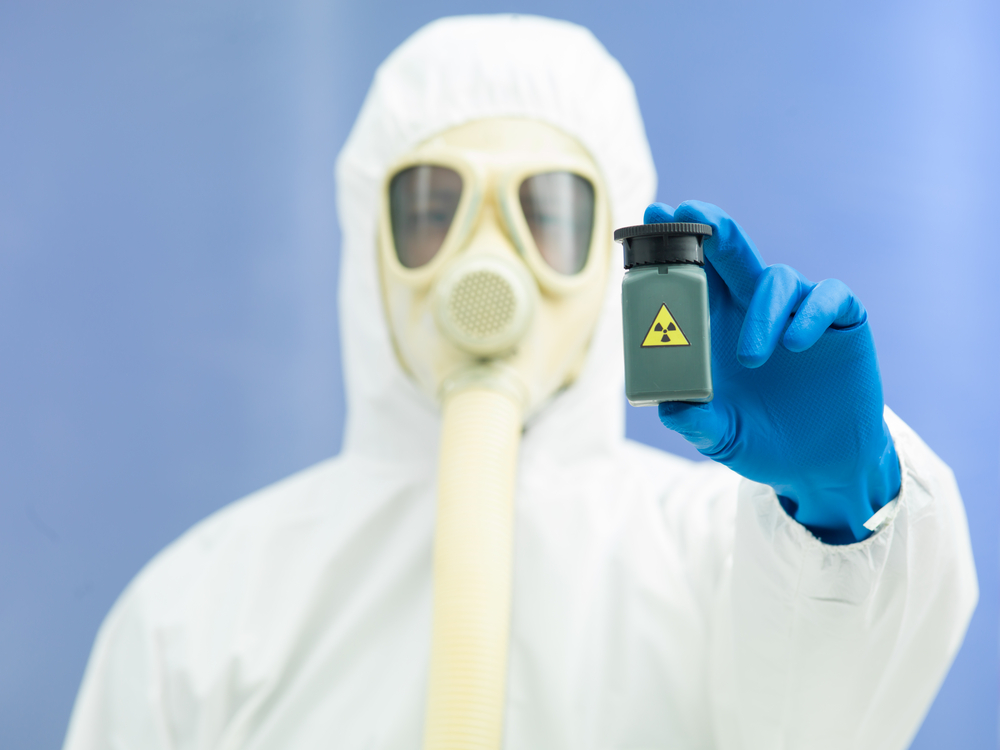Trial of AEOL 10150 as Treatment for Lung Radiation Exposure Gets Under Way
Written by |

Aeolus Pharmaceuticals has started a Phase 1 clinical trial to evaluate a new version of AEOL 10150 as a treatment for delayed effects of acute lung radiation exposure(Lung-ARS).
The open-label, single-center Phase 1 trial will evaluate the safety, tolerability and pharmacokinetics in healthy individuals of increasing doses of AEOL 10150. The doses will be administered by injection. Pharmacokinetics is the movement of therapies through the body.
AEOL 10150 is designed to protect tissue and increase survival of patients whose lungs were damaged from exposure to radiation, toxic chemicals, disease or trauma. The therapy works by slowing or preventing cell death, inflammation and fibrosis.
The drug has performed well in preclinical and non-clinical studies, showing statistically significant ability to increase survival in an acute radiation-triggered lung injury model. It was also well-tolerated by patients in two clinical trials.
Aeolus Pharmaceuticals is also developing AEOL 10150 as a treatment for idiopathic pulmonary fibrosis (IPF) and for use in combination with radiation therapy in treating solid tumors.
AEOL 10150 could have a significant impact on the lives of people exposed to radiation, whether from cancer therapy or a nuclear event, Aeolus said. It could also reduce lung damage in patients with IPF and in those exposed to chemical weapons such as mustard gas.
The clinic trial will be the first to assess the safety of the therapy’s newest formulation. The company is seeking patents on the formulation in the United States and other countries.
Aeolus plans studies in IPF and cancer patients after it completes the trial. The additional studies will be aimed at developing AEOL 10150 as a countermeasure against lung-ARS, mustard gas exposure, IPF, and some cancers.
“The new formulation of AEOL 10150 has reduced the cost of the drug by approximately 90 percent and the additional toxicology work cleared the way for testing in healthy subjects,” John L. McManus, president and chief executive officer of Aeolus Pharmaceuticals, said in a press release.
“This phase 1 study will give us important safety and pharmacokinetic data that will allow us to accelerate and expand the development of AEOL 10150 in both large commercial and in biodefense indications that represent major unmet medical needs,” he added.
Aeolus is developing AEOL 10150 with the support of a $118.4 million research contract with the U.S. Department of Health and Human Services’ Biomedical Advanced Research and Development Authority (BARDA). That division is responsible for developing countermeasures against national security threats.





